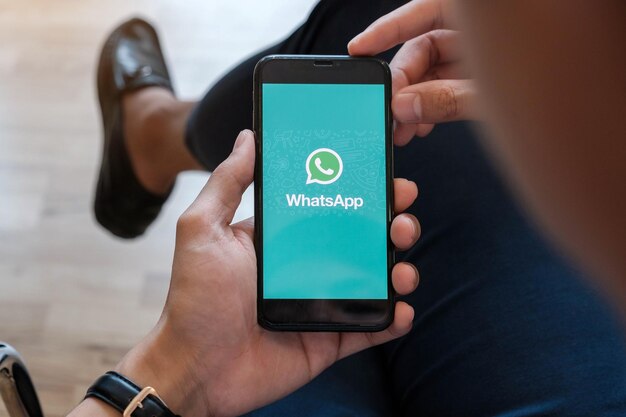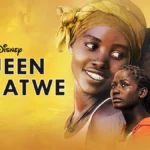In the digital age, WhatsApp has emerged as a powerful tool for businesses to connect with their audience. With its widespread use in South Africa, leveraging WhatsApp for marketing can yield impressive results if done correctly. The key is to engage without being intrusive. Here’s how businesses can effectively market on WhatsApp while respecting users’ space and preferences.
1. Build a Strong Foundation
Before diving into marketing strategies, ensure that your WhatsApp presence is solid. Create a business profile that includes your company name, logo, description, and contact details. This establishes credibility and gives potential customers essential information about your business.
2. Get Permission First
Permission is crucial to avoid coming across as intrusive. Utilize opt-in methods to get consent from users before sending them promotional messages. You can do this through website sign-ups, in-store promotions, or during customer interactions. Make sure to clearly explain what kind of messages they will receive and how frequently.
3. Segment Your Audience
Segmenting your audience allows for more targeted and relevant messaging. Categorize your contacts based on their preferences, purchase history, or demographics. This helps in sending personalized messages that resonate with each segment, enhancing engagement and reducing the likelihood of being perceived as spammy.
4. Provide Value
Your messages should offer value to the recipients. Share useful information such as special offers, upcoming events, or tips related to your industry. Providing valuable content makes recipients more likely to engage with your messages and view your business positively.
5. Adopt a Conversational Tone
WhatsApp is inherently a personal communication tool. Adopt a conversational and friendly tone in your messages. Avoid overly formal or corporate language, and instead, engage in a manner that feels natural and relatable. This approach fosters a better connection with your audience.
6. Use Broadcast Lists Wisely
Broadcast lists allow you to send messages to multiple recipients simultaneously without creating a group. Use this feature to send updates, promotions, or announcements to your contacts. However, be cautious not to overuse it, as frequent messages can lead to users opting out.
7. Leverage Automated Responses
Automated responses can enhance customer service by providing instant replies to common queries. Set up automated messages for FAQs, order confirmations, or appointment reminders. This ensures prompt communication while freeing up time for more personalized interactions.
8. Encourage Two-Way Communication
Encourage your audience to interact with your messages. Invite them to reply with questions, feedback, or suggestions. Two-way communication builds relationships and helps in understanding customer needs better, which can inform future marketing strategies.
9. Respect Privacy
Always respect users’ privacy. Ensure that your messages are relevant and not excessive. Provide clear options for users to opt out of communications if they choose to. Respecting privacy helps in maintaining a positive reputation and trust with your audience.
10. Monitor and Adjust
Regularly monitor the performance of your WhatsApp marketing efforts. Track metrics such as message open rates, engagement levels, and customer feedback. Use this data to refine your strategies and ensure that your approach remains effective and non-intrusive.
In conclusion, marketing on WhatsApp in South Africa can be highly effective when done with consideration and respect for your audience. By focusing on permission-based marketing, providing value, and fostering genuine engagement, businesses can build strong customer relationships without crossing the line into intrusiveness.











